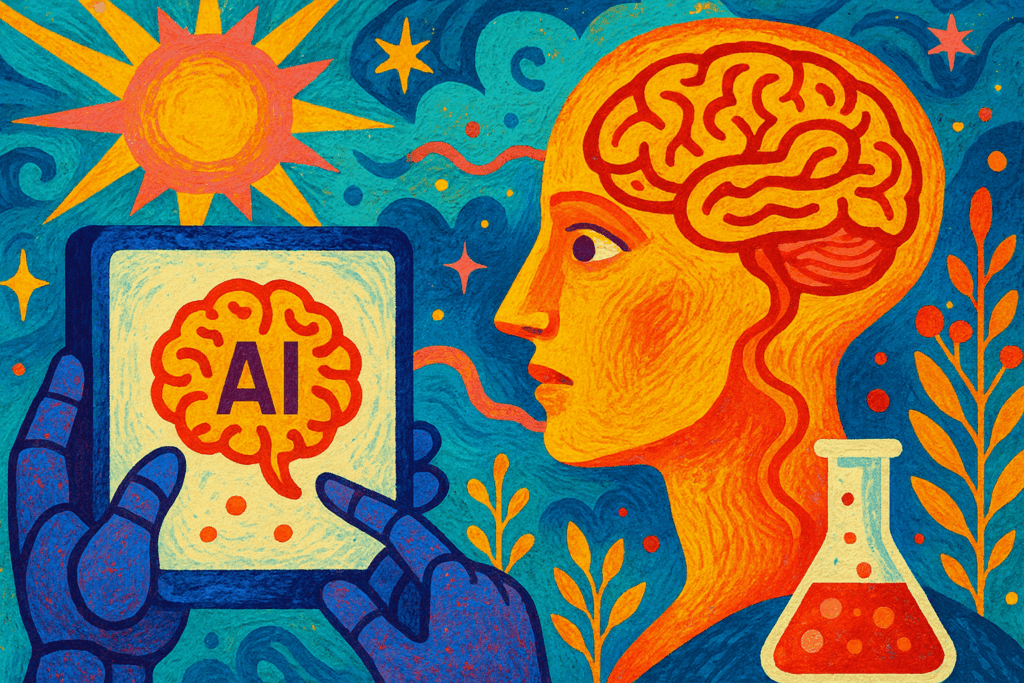A Leap in Diagnostic Capability
Eindhoven University of Technology (TU/e) recently unveiled an open-source artificial intelligence model designed to expedite the analysis of medical imaging data, such as CT scans. This AI model can rapidly identify tumors, predict the progression of diseases, and distinguish between healthy and diseased tissue, including detailed kidney tissue analysis. Trained on a comprehensive dataset comprising more than 250,000 CT scans, the system is intended to support medical professionals by providing precise diagnostic assistance while respecting the indispensable expertise of healthcare practitioners.
Driving Collaborative AI in Healthcare
The decision to release the AI model as open-source creates new opportunities for hospitals, research institutions, and medical technology companies to customize and build upon the technology. Associate Professor Fons van der Sommen of TU/e emphasizes that this openness lowers barriers to innovation and collaboration across the healthcare sector. By sharing the model freely, the team invites a broad range of stakeholders to contribute improvements, accelerating advancements in diagnostic tools. Van der Sommen likens these shared developments to ‘golden eggs’ that can hatch new possibilities for improved patient care.
Powering the Future of AI Diagnostics
Development of this AI model was supported by the SPIKE-1 supercomputer, equipped with NVIDIA DGX B200 systems and Blackwell GPUs, enabling the processing of vast imaging datasets with high efficiency. TU/e remains committed to publishing their findings openly, promoting international visibility and participation in larger initiatives, such as the European OpenEuroLLM project. This approach reflects a forward-looking vision for transparent, collaborative AI innovation that has the potential to transform diagnostic practices throughout Europe and beyond.
The introduction of TU/e’s open-source AI model marks a meaningful stride toward integrating advanced machine learning into healthcare workflows. By combining robust computational power with a collaborative framework, TU/e sets the stage for ongoing progress in medical diagnosis, ultimately aiming to support clinicians and improve patient outcomes.




